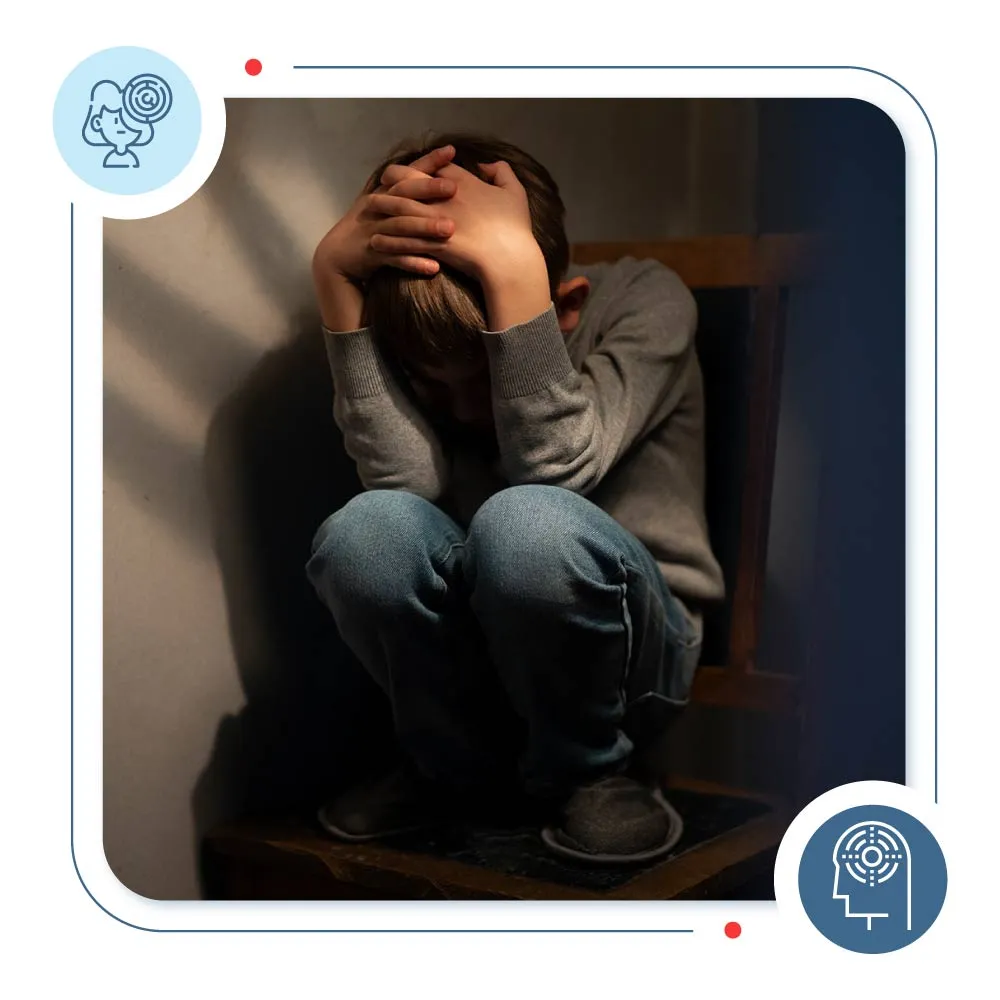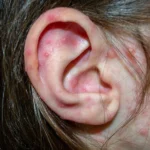When people hear about mental health conditions, they often think of many things they have seen in movies or read in stories. But real life is very different from what we see on TV. One condition that has many wrong ideas around it is a serious brain disorder that affects how people think and feel.
Many people do not understand this condition well. They might be scared of it or think wrong things about people who have it. This is not fair to those who are dealing with it every day. Learning the truth can help us be kinder and more helpful to others.
Understanding This Condition
This is a mental health condition where the brain works differently from most people’s brains. It can make it hard for someone to know what is real and what is not. People with this condition might see or hear things that others do not see or hear. They might also have trouble organizing their thoughts or showing feelings.
Understanding schizophrenia helps us see that it is a medical condition, just like diabetes or heart problems. It is not something people choose to have, and it is not their fault. The brain is an organ, and sometimes organs need help to work better.
This condition usually starts when people are young adults, often between the ages of 16 and 30. It can happen to anyone, no matter where they live or what family they come from. Boys and girls can both get it, though it might show up a little differently in each person.
Common Signs and Symptoms
People with this brain condition might experience different kinds of problems. Some might hear voices that other people cannot hear. These voices might talk to them or say mean things. This can be very scary and confusing for the person experiencing it.
Others might believe things that are not true, even when friends and family try to explain. These are called false beliefs. For example, someone might think that people on TV are talking directly to them, or that others are trying to hurt them when they are not.
Some people might have trouble thinking clearly or speaking in ways that make sense. They might jump from one idea to another without connecting them. It can also be hard for them to focus on tasks or remember things they need to do.
Another sign is when people stop showing feelings on their face or in their voice. They might not smile or laugh like they used to. They might also stop wanting to spend time with friends or do activities they once enjoyed. This does not mean they do not care; their brain is just making it hard for them to show it.
What Causes This Condition
Scientists are still learning about why some people develop this brain disorder. They know it is not caused by bad parenting or personal weakness. Many things work together to create the condition.
Our genes play a role in whether someone might develop schizophrenia. If someone in your family has it, you have a slightly higher chance of getting it too. But having it in your family does not mean you will definitely get it.
The brain chemistry of people with this condition is different. Certain chemicals in the brain, called neurotransmitters, work differently in other people’s brains. These chemicals help brain cells talk to each other, and when they do not work properly, it can cause symptoms.
Things that happen before birth and during childhood can also matter. If a mother gets very sick during pregnancy or if there are problems during birth, it might increase the risk. Stressful life events or using certain drugs can also trigger symptoms in people who are already at risk.
Breaking Down the Myths
Many wrong ideas exist about this mental health condition. Some people think those who have it are dangerous or violent. This is not true. Most people with this condition are not violent at all. In fact, they are more likely to be victims of crime than to hurt others.
Another myth is that people with this brain disorder have split personalities or multiple personalities. This is completely wrong. The condition affects thinking and perception, not personality. People remain themselves; they just experience the world differently.
Some believe that people with this condition cannot get better or live normal lives. This is also false. With proper treatment and support, many people manage their symptoms well and live fulfilling lives. They can go to school, have jobs, maintain friendships, and enjoy hobbies.
Treatment and Hope for Recovery
The good news is that help is available for people dealing with schizophrenia. Treatment usually includes medicine that helps balance brain chemistry. These medications can reduce symptoms like hearing voices or having false beliefs.
Talking with a therapist is also very important. Therapy helps people understand their condition, learn coping skills, and work through challenges. Family members can also learn how to best support their loved ones through family therapy sessions.
Many people benefit from programs that teach daily living skills and help with finding jobs. These programs create a support system that makes recovery easier. Having a team of caring professionals and supportive family members makes a big difference.
Recovery looks different for everyone. Some people see big improvements quickly, while others take more time. The key is not giving up and continuing with treatment even when things get hard. Many people learn to recognize early warning signs and can prevent symptoms from getting worse.
How We Can All Help
Understanding this condition better helps reduce fear and wrong ideas. When we learn the truth about schizophrenia, we can treat people with kindness and respect instead of judgment.
We can help by being patient and listening when someone shares their experience. We can avoid using hurtful words or making jokes about mental health conditions. Small acts of kindness can make someone’s day much better.
Supporting mental health awareness in our communities matters too. This means speaking up when we hear wrong information and sharing accurate facts. It means supporting funding for mental health research and treatment programs.
Moving Forward Together
Learning the truth about this mental health condition helps everyone. It helps those living with it feel less alone and more understood. It helps families know they are not to blame and that hope exists. It helps communities become more accepting and supportive places for all people.
Science continues to discover new things about how the brain works and how to treat conditions like this one. Every year, treatments get better and more people find ways to manage their symptoms successfully. The future holds even more promise as research continues.
By separating facts from fiction, we create a world where people feel safe asking for help. We build communities where mental health is treated with the same seriousness as physical health. Together, we can make sure everyone gets the understanding and support they deserve.


